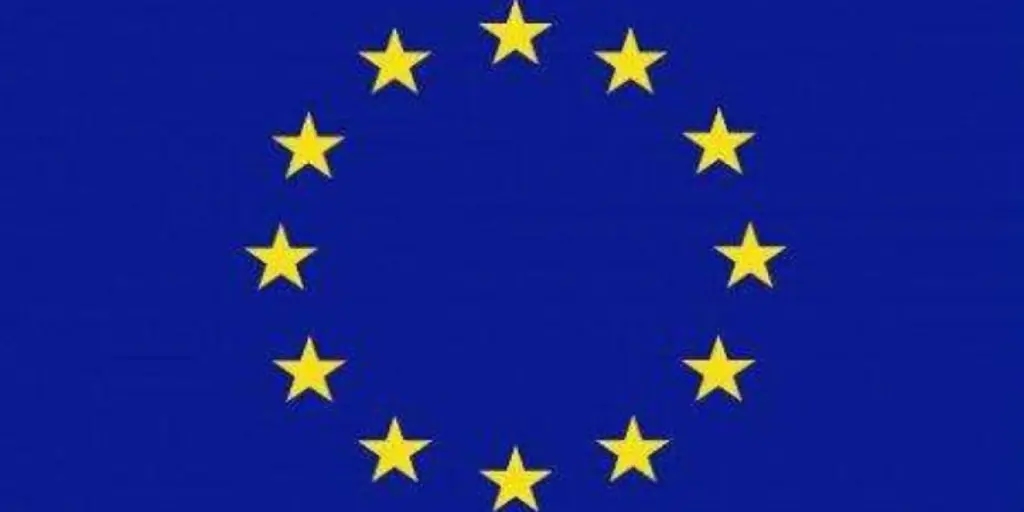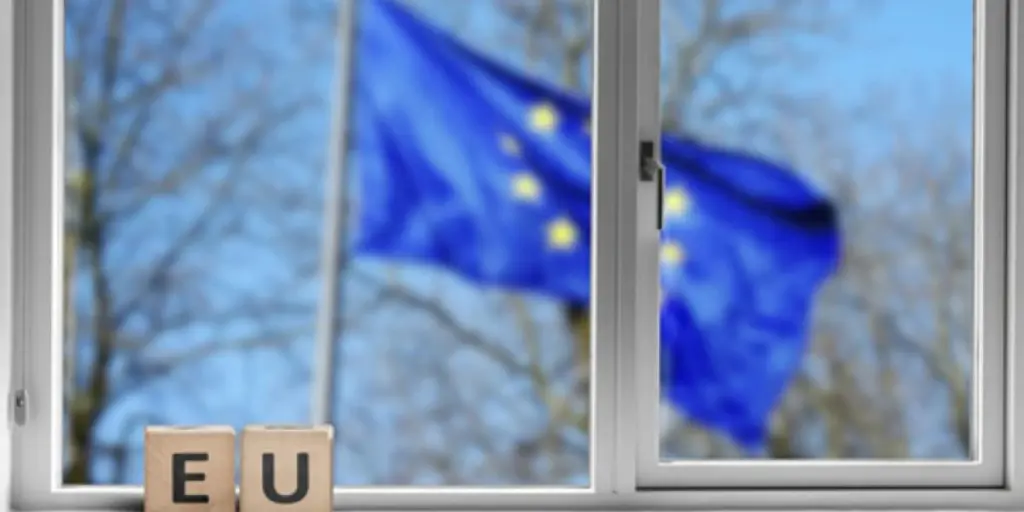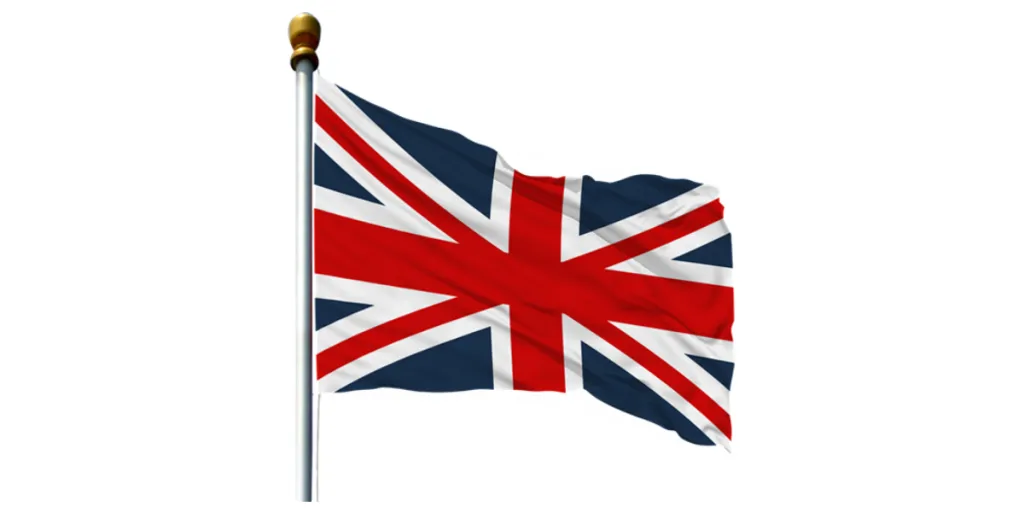- Home Page
- Chemicals
- News & Events
- Regulatory News
Global Chemical Regulatory Updates – November 2024
Dec 06, 2024 from Chemradar by Chemradar
ChemicalsRisk AssessmentTrade Compliance
This article compiles the chemical regulation updates for November in Europe, the Americas, and Asia.

Europe
ECHA Seeks Public Comments on Seven Substance Testing Proposals
November 4, 2024, the European Chemicals Agency (ECHA) introduced seven new substance testing proposals and requested public comments by December 19, 2024. ECHA’s call for comments on the substance testing proposals is a public assessment process aimed at determining whether registered chemicals require additional testing. According to REACH regulations, before proceeding with Annexes IX and X (corresponding to registered tonnages of 100-1000 tons per year (t/y) and over 1000t/y), registrants must submit a testing proposal (TP). After the comment period ends, ECHA will finalize the testing requirements based on feedback and the characteristics of the substances.
Asia
China Advances Hazardous Chemicals Safety Legislation
November 4, 2024, the Social Construction Committee of the National People’s Congress released the “Report on the Review Results of Proposals Submitted by Delegates for Review by the Presidium of the Second Session of the Fourteenth National People’s Congress”, which examined the handling opinions of 41 delegate proposals, including the drafting of the “Hazardous Chemicals Safety Law.”
Israel Requires Companies Using PFAS to Submit Safety Data Sheets within Three Months
November 10, 2024, Israel’s Ministry of Environmental Protection issued new regulations aimed at strengthening the control over per- and polyfluoroalkyl substances (PFAS). The new policy mandates that all companies using PFAS submit safety data sheets within three months, assess alternatives within one year, and develop detailed emission management plans within eighteen months.
Singapore Announced New Regulations: Dechlorane Plus and UV-328 to Face Import and Export Bans
November 12, 2024, the National Environment Agency (NEA) of Singapore stated that from February 26, 2025, Singapore will officially ban the production, import, and export of products containing Dechlorane Plus and UV-328. This decision is based on the international management requirements for persistent organic pollutants under the Stockholm Convention. While certain critical uses will be temporarily exempted to allow industry adjustments, the Singapore government urges all relevant industry stakeholders to comply with the new regulations and work together to reduce environmental pollution and protect ecological safety. Meanwhile, the NEA will cooperate with the international community to promote the advancement of environmental protection technologies to achieve broader environmental protection goals.
China Seeks Public Input on Eight Mandatory National Standards
On November 19, 2024, the Department of Science and Technology of the Ministry of Industry and Information Technology in China issued a public solicitation for opinions on eight mandatory national standards drafts, including “Safety Technical Requirements for Building Decoration Stone Materials.” The public is invited to provide feedback on these standards, which cover areas such as the limit values for leachable harmful metal elements in wall materials, harmful element limits in graphite and fluorite, heavy metal limits in inks, and restrictions on hazardous substances in electrical and electronic products. The deadline for submitting opinions is January 18, 2025.
To submit feedback, please fill out the “Mandatory National Standards Feedback Form” and send it via email to KJBZ@miit.gov.cn, with the subject line indicating feedback on the draft standards, including “Safety Technical Requirements for Building Decoration Stone Materials” among others.
Click here to learn more details.
Taiwan Lists Cybutryne as a Concerned Chemical Substance
On November 26, 2024, the Ministry of Environment in Taiwan, China announced a draft amendment on the Categories and Management of Handling for Concerned Chemical Substances, in alignment with the regulations of the International Convention on the Control of Harmful Anti-fouling Systems on Ships. The draft lists N’-tert-butyl-N-cyclopropyl-6-(methylthio)-1,3,5-triazine-2,4-diamine (also referred to as cybutryne) as a concerned chemical substance, setting its control concentration and operational methods to align with international management trends.
India Postpones Implementation of QCOs for Six Fatty Acids to 2025
India postponed the implementation date of quality control orders for six fatty acids to April 24, 2025, including lauric acid, acid oil, palm fatty acids, rice bran fatty acids, coconut fatty acids, and hydrogenated rice bran fatty acids.
The Americas
US EPA’s Achievements in Third Quarter: Significant Reduction in PFAS Pollution
The US Environmental Protection Agency (EPA), according to its latest annual report, implemented several innovative measures to address pollution by per- and polyfluoroalkyl substances (PFAS) under government initiatives. These include strengthening scientific research support, strictly setting environmental standards, and significant funding investments, effectively protecting the public from the impacts of persistent chemicals, and improving environmental quality in multiple communities.
US EPA Proposes Exempting HCFO-1224yd(Z) from VOC Regulations
The US Environmental Protection Agency (EPA) is proposing to revise the EPA’s regulatory definition of volatile organic compounds (VOC) under the Clean Air Act (CAA). This action proposes adding (Z)-1-chloro-2,3,3,3-tetrafluoropropene (also known as HCFO-1224yd(Z); CAS number 111512-60-8) to the list of compounds excluded from the regulatory definition on the basis that this compound makes a negligible contribution to tropospheric ozone (O3) formation.
Canada Reveals Differences in Chemical Classification and Labeling Systems with the US
Health Canada recently released a detailed comparison table that outlines the key differences between Canada’s Hazardous Products Regulations and the United States’ Hazard Communication Standard in the classification and labeling of chemicals, especially after both parties updated their regulations in accordance with the 7th edition of the GHS. The publication of this table aims to assist relevant businesses and organizations in better understanding and complying with international regulations, thereby enhancing the efficiency and safety of cross-border transactions.
Uruguay Implements Risk Classification for Personal Hygiene and Cosmetic Products
The Uruguayan government announced the formal adoption of Mercosur’s technical regulations, classifying the risks associated with personal hygiene, cosmetics, and perfume products to strengthen standardization cooperation with member countries. The regulations, effective from October 24, require that the products be safe under normal use conditions and undergo strict scrutiny based on their efficacy. Other Mercosur member countries are required to enact related legislation by 2028 to ensure the safety and trade consistency of products within the region.
More details can be found via CIRS’s free tool Chemradar.
About Chemradar
ChemRadar is a simple and powerful scanning tool designed to identify chemical compliance risks and ensure awareness of your regulatory obligations. It provides up-to-date regulatory information on hundreds of thousands of chemical substances related to import/export, hazard communication, chemical registration, and the restrictions on the marketing and use of hazardous substances worldwide.
If you need any assistance or have any questions, please get in touch with us via service@cirs-group.com.
Source from CIRS
Disclaimer: The information set forth above is provided by cirs-group.com independently of Alibaba.com. Alibaba.com makes no representation and warranties as to the quality and reliability of the seller and products. Alibaba.com expressly disclaims any liability for breaches pertaining to the copyright of content.




